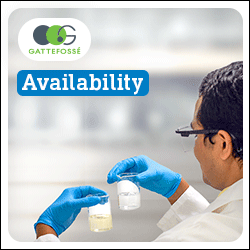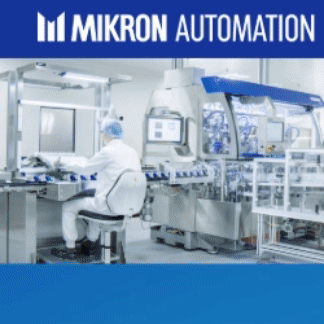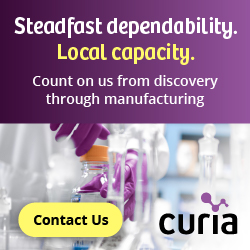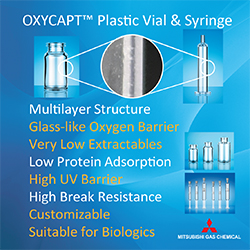Halozyme Lands Monster R&D Deals Worth Over $2 Billion for Drug Delivery Technology
Bristol-Myers Squibb has signed a partnership deal with San Diego-based Halozyme Therapeutics to use Halozyme’s ENHANZE drug delivery technology to develop a new way to deliver immuno-oncology drugs.
Halozyme’s ENHANZE technology uses a proprietary recombinant human hyaluronidase enzyme (rHuPH20) that temporarily breaks down hyaluronan, a chain of natural sugars in the body, to help disperse and absorb an injected drug. It has the potential to improve rapid delivery of a large volume of injectable drugs, for example, medications currently delivered subcutaneously or intravenously.
Bristol-Myers Squibb is paying an initial $105 million for access to ENHANZE. The company has chosen multiple immuno-oncology targets, including programmed death 1 (PD-1) and includes an option to choose more targets within five years, up to 11 targets. Halozyme could earn milestone payments up to $160 million for each target, additional milestones for combination products, and royalties on sales of products using ENHANZE. The deal has the potential to exceed $1.8 billion.
“We are excited to partner with Halozyme to pursue potential new approaches to how our medicines are delivered to patients,” said Murdo Gordon, Bristol-Myers Squibb’s Chief Commercial Officer, in a statement. “Through our work with Halozyme, we hope to improve the patient treatment experience by developing flexible and convenient treatment delivery options.”
Halozyme also announced it had licensed the ENHANZE system to Roche for exclusive development of an unannounced therapeutic target. Halozyme receives $30 million upfront with possible milestones up to $160 million, in addition to possible tiered, mid-single digit royalties on any commercialized products.
“We are pleased to broaden our longstanding collaboration with Roche to include selection of a new target,” said Helen Torley, Halozyme’s President and Chief Executive Officer, in a statement. “With each new licensing agreement, we see the potential for our global partners to advance their innovative therapies, reducing the treatment burden for patients, caregivers and payers through shorter administration times or a less frequent dosing regimen.”
Combined, the two deals have an upside potential of over $2 billion in upfront payments, milestone payments, and royalties.
If the technology works, it would give Bristol-Myers Squibb and Roche advantages, because the drugs could be delivered with an injection instead of through an intravenous infusion. The majority of physicians and patients would find that preferable.
Total Page Views: 1733













